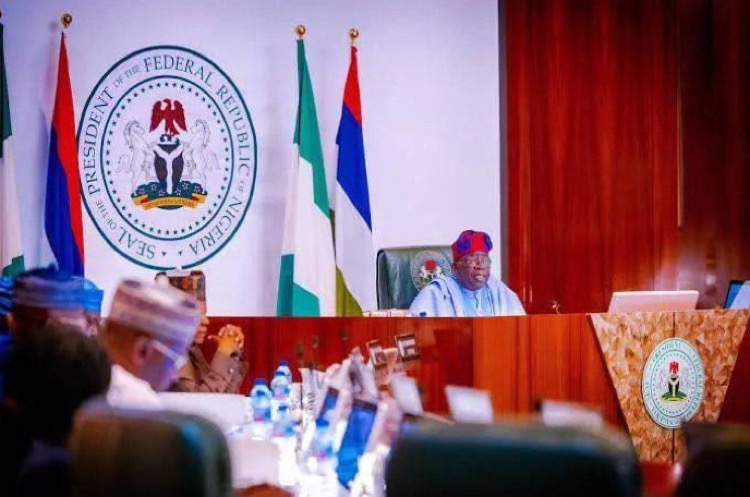During the first Federal Executive Council (FEC) meeting for the year 2024, the Nigerian government approved signing an agreement with the United Arab Emirates (UAE) aimed at eliminating double taxation on income and preventing tax evasion.
The decision, made at the Presidential Villa in Abuja, reflects a move to support Nigerian industries and attract Foreign Direct Investment (FDI).
The Council instructed the Attorney General of the Federation, Lateef Fagbemi, to formulate an executive bill addressing the issue of double taxation. Fagbemi highlighted that the agreement covers various taxes, including personal income tax, company income tax, petroleum profit tax, information technology levy, tertiary education tax, and capital gain tax. The goal is to encourage foreign direct investment and enhance economic cooperation between Nigeria and the UAE.
Furthermore, FEC approved the ratification of the Investment Promotion and Protection Agreement (IPPA) between Nigeria and the UAE. This step aims to formalise the reciprocal promotion and protection of investments between the two countries. The Minister of Industry, Trade, and Investment, Dr. Doris Uzoka-Anite, mentioned that the ratified IPPA would be submitted to the National Assembly for approval.
In response to the rising costs of goods and services in Nigeria, particularly food items, the Council deliberated on measures to improve the business environment for manufacturers and industrialists. The government is working to streamline processes and eliminate obstacles hindering business growth, emphasising the priority of supporting local industries and manufacturers.
To address these concerns, the government has set up the Presidential Council on Industrial Revitalisation and the Presidential Council on Fiscal Policy and Tax Review. These councils aim to fast-track their reviews and provide recommendations to stimulate the economy, targeting a double-digit growth rate in GDP and working towards achieving a $1 trillion economy.

